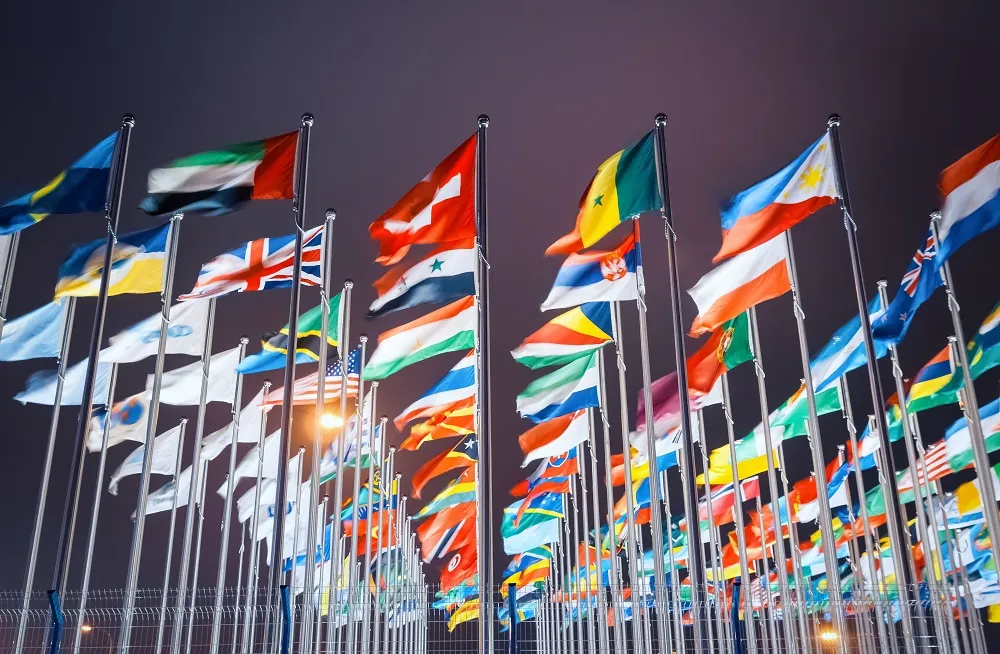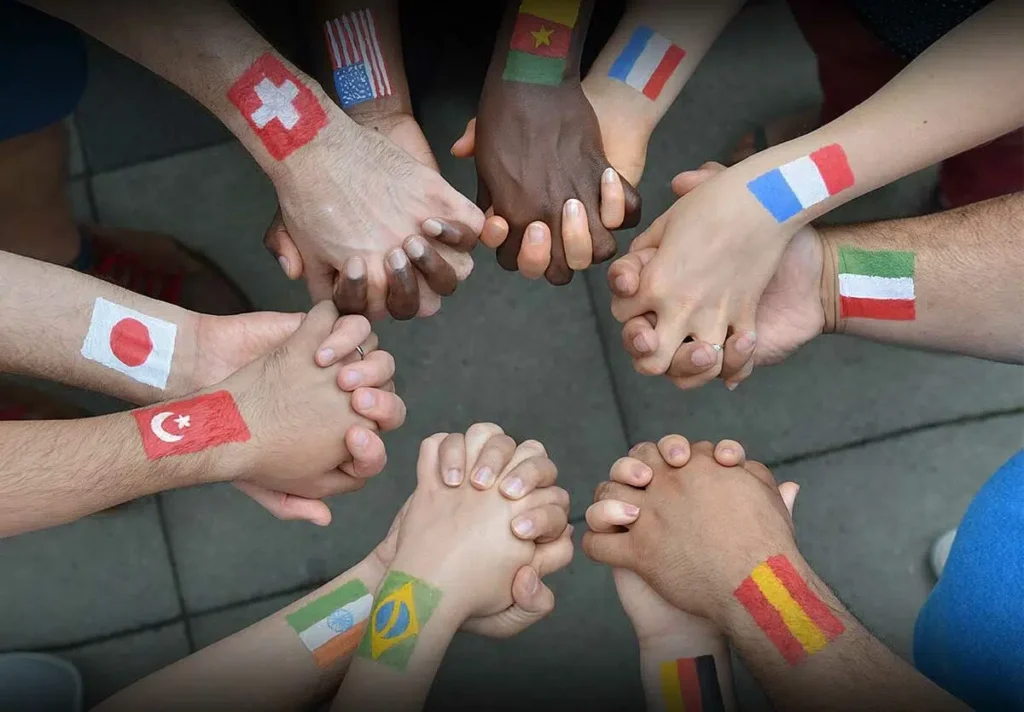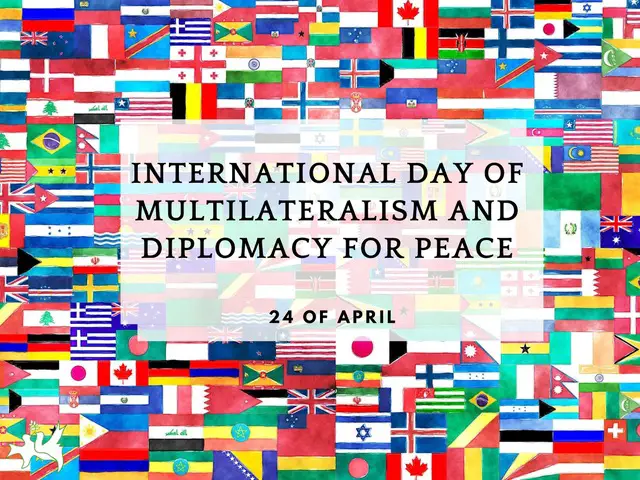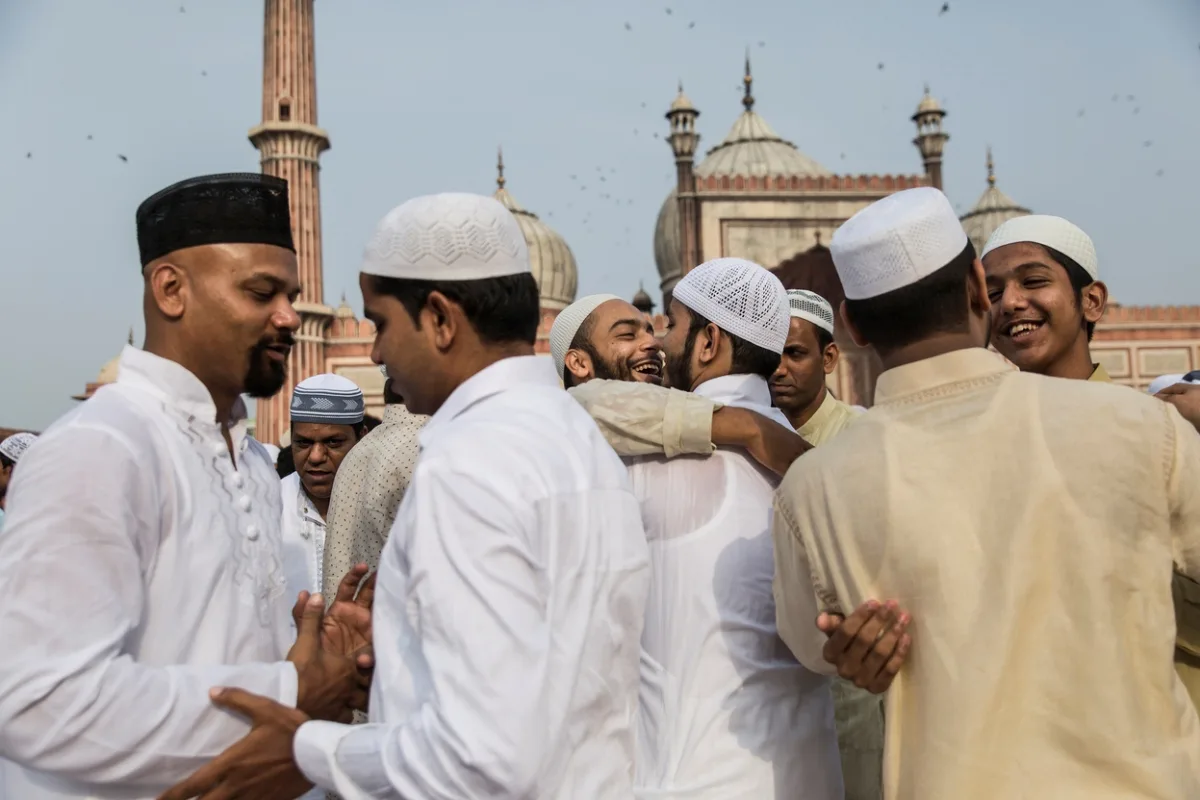On April 24th each year, the global community observes the International Day of Multilateralism and Diplomacy for Peace, a day dedicated to recognizing and celebrating the collaborative efforts that aim to build a peaceful and stable international order. This commemoration underscores the vital role of multilateralism—a concept deeply intertwined with the principles of diplomacy—in fostering global cooperation and resolving the complex challenges facing the world today.
Defining Multilateralism in the Contemporary World
Multilateralism, often perceived in contrast to bilateralism or unilateralism, is fundamentally about cooperation among three or more states. However, its essence transcends the mere number of participants; it embodies a commitment to a collective political endeavor, rooted in shared norms and values of consultation, inclusion, and solidarity. The operational framework of multilateralism is built on principles that ensure effective and sustainable cooperation, guaranteeing equal rights and obligations to all actors involved, not just on an ad-hoc basis but as a continuous commitment.
The United Nations: The Pillar of Global Multilateralism
The United Nations stands as the epitome of multilateralism, having embedded this approach into its core from its inception in 1945. Created following the devastation of the Second World War, the UN’s charter aims to maintain international peace and promote cooperation across nations. The Secretary-General of the United Nations, António Guterres, in his 2018 report, highlighted the charter as a “moral compass” to advance human dignity, prosperity, and uphold human rights and the rule of law.
The UN serves as a platform where member states converge to deliberate and make collective decisions aimed at achieving common goals, including the prevention of conflicts, promotion of equal rights, and fostering economic, social, and cultural development.

Expansion and Evolution of Multilateral Processes
Over the past seven and a half decades, the scope of multilateralism has broadened significantly. The UN initially started with 51 member states and has grown to include 193 states today. This expansion is not just horizontal but also vertical, incorporating a wide array of non-state actors like non-governmental organizations (NGOs) and private entities, which now play an increasingly visible role in the multilateral arena.
These developments have facilitated notable achievements, such as the eradication of smallpox and the advancement of global human rights standards. The ever-growing participation in multilateral diplomacy highlights its effectiveness in addressing international issues, proving its indispensability in the pursuit of global peace.
The Underscored Aspect of Conflict Prevention
While the United Nations is renowned for its role in conflict resolution, its efforts in conflict prevention are equally critical, albeit less publicized. Preventive diplomacy remains a key strategy in the UN’s toolkit, aiming to defuse tensions before they escalate into conflicts. This approach not only saves lives but also aligns with the fundamental UN mission to spare future generations from the ravages of war.
Reaffirmation of Global Commitment to Multilateralism
The commitment to multilateralism and the principles of international peace and security were robustly reaffirmed during the General Debate of September 2018 and further during the High-level Dialogue on Renewing the Commitment to Multilateralism on October 31, 2018. Subsequently, the General Assembly’s adoption of the resolution “International Day of Multilateralism and Diplomacy for Peace” in December 2018, by a significant majority, reflects the global consensus on the importance of these principles.

Conclusion
The International Day of Multilateralism and Diplomacy for Peace serves not only as a reminder of the achievements and challenges of multilateral diplomacy but also as a call to continue striving for a world where peace, cooperation, and solidarity prevail. It invites every member of the global community to contribute towards this noble cause, fostering an environment where diplomacy and multilateral efforts can thrive.



